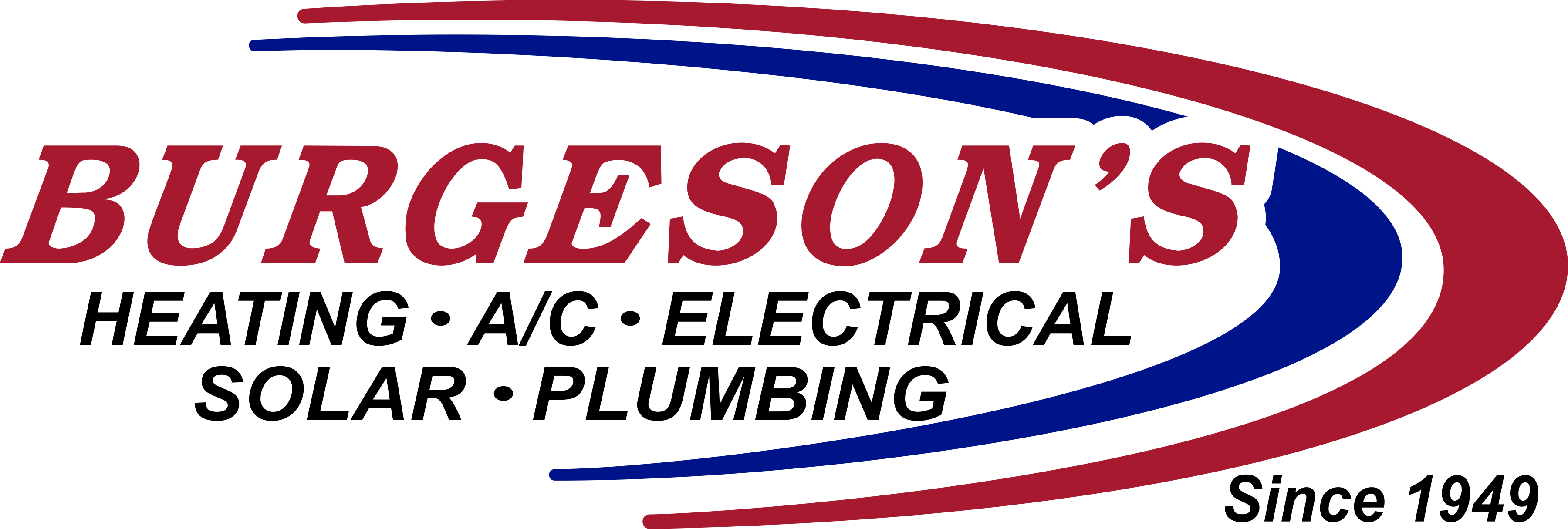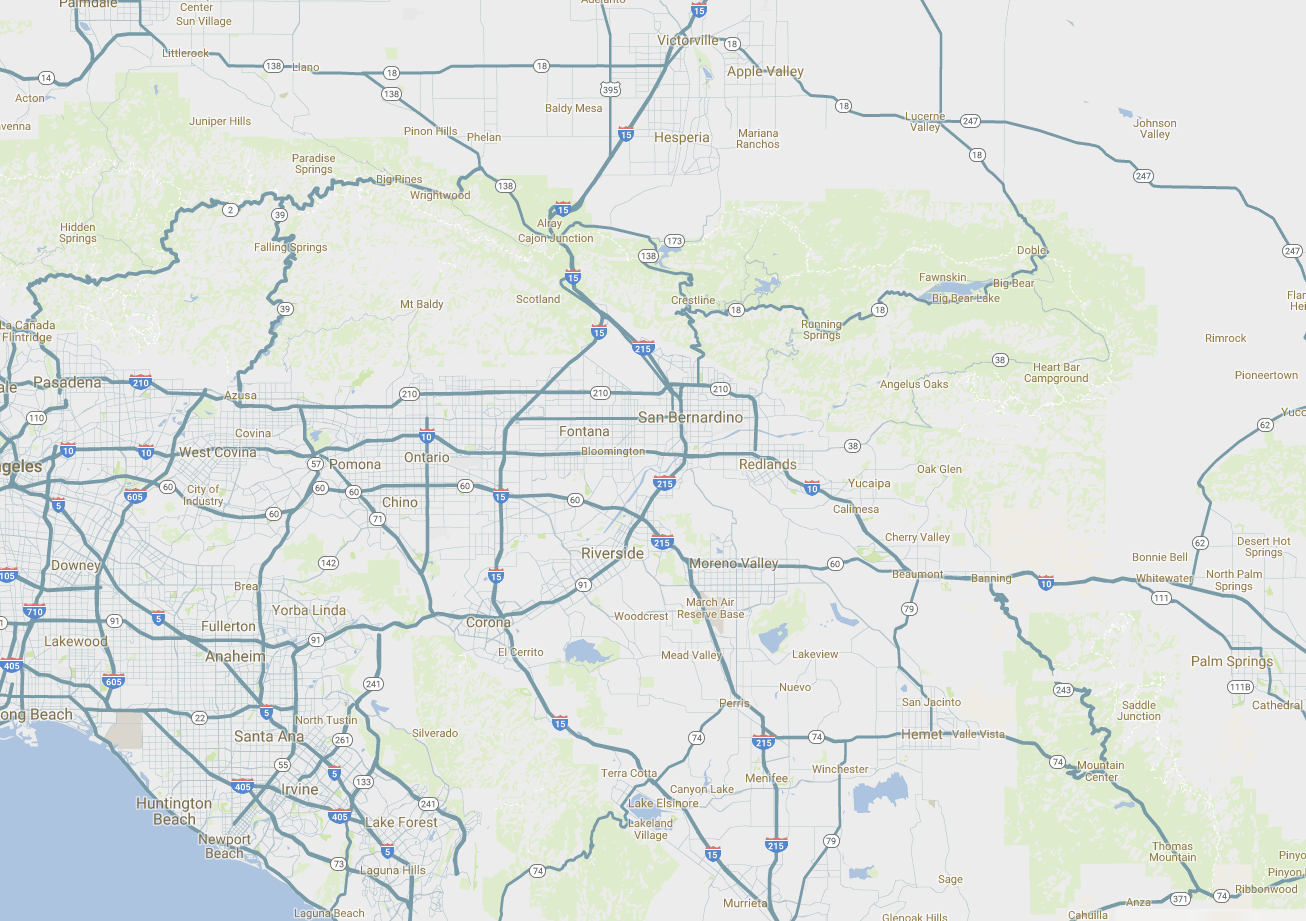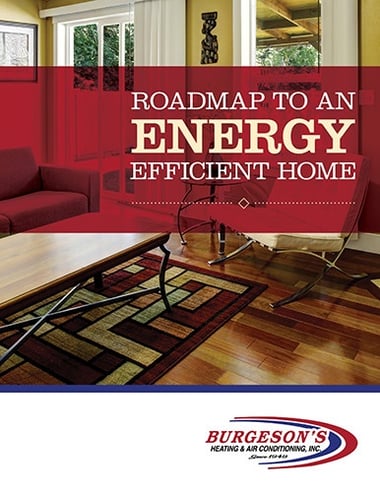How Much Does it Cost to Install Heat Pump in Southern California?
If you’re looking to replace your home’s heat pump or need to install one for the first time, you’re probably researching how much this will cost you.
The cost to install a heat pump in the Southern California area typically ranges from $14,000 to $24,000. That’s a wide price range, but each heat pump installation is different, which causes every project to fluctuate in price.
What you’ll end up paying for a heat pump replacement/installation all depends on:
- Tonnage (size) you need
- System’s efficiency
- Features of the system
- Condition of existing indoor & outdoor components
In this article, we’ll take a closer look at each of the factors above to determine exactly how they affect your heat pump installation cost. Whether you’re curious about the cost to install a heat pump, how much does a heat pump cost to install, or how much does it cost to replace a heat pump, we’ve got you covered.
Want a precise quote for your heat pump installation? Contact us. We’ll send over a Comfort Advisor to inspect your home then provide you with a fair, upfront quote.
Price Factor #1: Tonnage (Size) You Need
How this affects price: The higher the tonnage, the more the heat pump system will cost.
So what is tonnage? Tonnage is a measurement of a heat pump’s cooling/heating capacity. Heat pumps work by transferring heat—in the summer, they transfer heat inside the home to the outside air, and in the winter, they transfer heat from the outside air into the home.
The system’s tonnage refers to how much heat the system can transfer in an hour. For example, a 1-ton heat pump system can transfer up to 12,000 BTUs in an hour.
Note: BTUs stands for British Thermal Units and is a measurement of heat. One BTU is roughly equivalent to the heat produced by burning one match.
Most residential heat pumps range from 1 to 5 tons.
Wondering what size heat pump your home needs? The only way to determine the correct size you need is to have a professional perform a “load calculation.” A load calculation measures how much heat a home typically accumulates or loses in an hour. A professional will use this calculation to match your home with the appropriate tonnage to keep your home cool in the summer and warm in the winter.
Cost Table by Tonnage and Square Footage to Replace Existing Equipment
|
|
|
|
|
Up to 600 |
1 ton |
$3,500 - $12,000 |
|
600 - 1,000 |
1.5 tons |
$4,000 - $13,000 |
|
1,000 - 1,500 |
2 tons |
$4,500 - $15,000 |
|
1,500 - 2,000 |
2.5 tons |
$5,000 - $20,000 |
|
2,000 - 2,500 |
3 tons |
$6,000 - $24,000 |
|
2,500 - 3,000 |
3.5 tons |
$7,000 - $26,000 |
|
3,000+ |
4-5 tons |
$8,000 - $30,000 |
Our tip: Beware of any HVAC professional who does not perform a load calculation to determine the heat pump size you need. If a professional does not perform a load calculation, they typically use “rule-of-thumbs” (i.e., choosing tonnage based only on the square footage of your home). This often results in improper sizing, which can lead to shortened equipment lifespan, higher utility bills, and costly repairs.
For those specifically wondering, how much does a heat pump cost to install?, tonnage plays a significant role in determining the final price.
Price Factor #2: The System’s Efficiency
How this affects price: Higher-efficiency heat pumps cost more than less efficient heat pumps. However, more efficient heat pumps can save you money in the long run via their lower operational costs.
Heat pump efficiency is measured in two ways:
- SEER (Seasonal Energy Efficiency Rating) measures how efficient the heat pump is when it’s in cooling mode. The higher the SEER rating, the more efficient the unit, and the more money you’ll save on your energy bills every month. SEER ratings for heat pumps range between 14 and 25 for homes across the U.S.
- HSPF (Heating Seasonal Performance Factor) measures how efficient the heat pump is when it’s in heating mode. HSPF ratings range between 8.8 and 13. The higher the number, the more efficient a heat pump heats a home.
Cost Table by SEER Rating
|
SEER Rating |
Average Cost Range |
|
14-16 |
$4,000 - $14,000 |
|
17-20 |
$6,000 - $20,000 |
|
21-24 |
$9,000 - $30,000 |
When researching the cost to install a heat pump, efficiency is a crucial factor to consider. Both SEER and HSPF ratings determine operational savings over time.
Price Factor #3: Features of the System
How this affects price: The more comfort features a heat pump system provides, the more it will cost.
Higher-end heat pump models often come with more “comfort” features. Some common comfort features include higher cooling speeds (also called variable-speed systems) or sound-muffling devices.
Sometimes, though, comfort features aren’t necessarily built into the unit itself and are added in at the time of installation. These add-on comfort features might include:
- Smart thermostat upgrades
- Whole-home humidifiers
- Whole-home air filtration system
Features like these can elevate the cost to install a heat pump but provide better comfort and energy efficiency for homeowners.
Price Factor #4: Indoor and Outdoor Components
How this affects price: If certain indoor/outdoor components need to be repaired or replaced, this will raise the overall cost of your installation.
A heat pump system consists of many working parts, which are located both inside and outside your home. These components include:
- Refrigeration line sets
- Electrical lines
- Ductwork
- Air vents
Sometimes, these components become damaged due to weather or wear and tear and may need to be replaced. The more components that need to be replaced/repaired, the more you will pay overall for the installation project. This can also impact how much it costs to replace a heat pump, especially if extensive repairs are necessary.
Cost of Heat Pump Install Based on Type
|
Type of Heat Pump |
Average Cost Range |
|
Mini-split |
$3,000 - $10,000 |
|
Hybrid |
$15,000 - $30,000 |
|
Air Source |
$15,000 - $30,000 |
|
Geothermal |
$25,000 - $50,000 |
Mini-Split Heat Pumps
Overview: Mini-split systems are compact and highly efficient, making them ideal for homes without ductwork. They consist of an outdoor compressor and indoor air-handling units.
Advantages:
- Energy-efficient and flexible.
- Can be installed in individual rooms
Cost Factors: The number of indoor units required can significantly impact the total cost.
HYBRID HEAT PUMPS
Overview: Hybrid systems combine the efficiency of a heat pump with the reliability of a traditional furnace. This setup is ideal for regions with varying temperature extremes.
Advantages:
- Lower energy costs during mild weather.
- Backup heat source for colder climates.
Cost Factors: Additional equipment and installation complexity may increase costs.
AIR SOURCE HEAT PUMPS
Overview: Air source heat pumps are among the most common systems. They transfer heat between your home and the outside air.
Advantages:
- Affordable compared to geothermal systems.
- Suitable for most climates.
Cost Factors: Efficiency ratings and outdoor unit durability play significant roles in pricing.
GEOTHERMAL HEAT PUMPS
Overview: Geothermal systems utilize the earth’s consistent underground temperatures to heat and cool your home. These are highly efficient and environmentally friendly.
Advantages:
- Long-term energy savings.
- Minimal environmental impact.
Cost Factors: Installation involves extensive ground excavation, which can significantly increase upfront costs.
ADDITIONAL INFORMATION ON HEAT PUMP INSTALLATION COSTS
For those asking, "How much does a heat pump cost to install?" or "How much does it cost to replace a heat pump?", the final price depends on your home’s unique requirements and the features you prioritize. Here are some quick tips to save on installation costs:
- Get multiple quotes from licensed HVAC professionals.
- Consider energy rebates for high-efficiency systems.
- Bundle other HVAC upgrades during installation to save on labor.
WANT TO KNOW HOW MUCH YOUR HEAT PUMP INSTALLATION WILL COST?
If you live in the Redlands or Inland Empire area, just contact our qualified team at Burgeson’s Heating, A/C, Electrical, Solar & Plumbing.
We have over 76 years of experience in the HVAC industry—so you can rest assured you’ll get the highest quality heat pump installation in the area.
When you choose us, we’ll send over an experienced Comfort Advisor who won’t try to sell you any equipment you don’t need. He’ll simply work with you to understand your home’s unique cooling/heating needs, then provide various heat pump installation options, each with a fair, upfront price quote.













